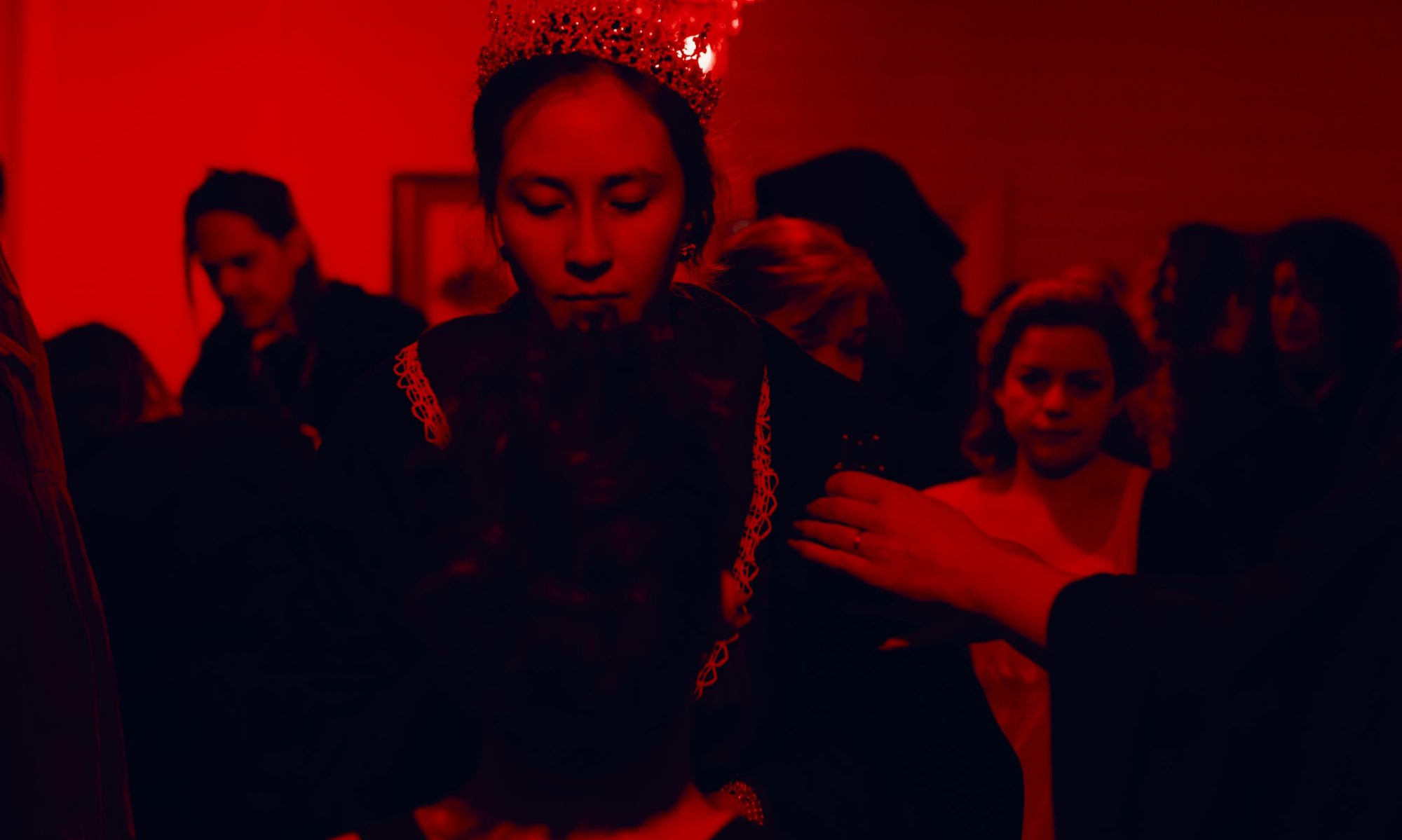Orthodoxy, Autocracy, and the National Spirit!
These are the foundations the Russian Empire is built on. The Orthodox Church is perceived as the glue holding the nation together, and its authority is sealed by law. Being Russian means being Orthodox.
Official Church doctrine states that the Czar is appointed by God. Any challenge to the Czar is an insult to God. This creates a reason for the mostly atheist revolutionaries to attempt to diminish the Church’s influence over the Russian people and government.
Among the peasantry we see an upsurge in pilgrimage and other devotions to sacred spaces and objects as well as persistent beliefs in the presence and power of the supernatural – apparitions, possession, the walking dead, demons, spirits, miracles, and magic.
Monastic communities attract large masses of common people as well as intellectuals. The Old Believers have broken away from the established Church in protest against ecclesiastical reforms.
Dvoeverie (“double faith”); religion which preserves Slavic pantheism under a Christianised surface, has found appreciation among intellectuals who try to delineate Russian distinctiveness against the West.
God-seeking aristocrats, writers, artists, and intellectuals are drawn in large numbers to private prayer, mysticism, and Eastern religions. Esoteric and occult philosophies and movements, including Spiritualism, Theosophy, Anthroposophy, Hermeticism, Russian cosmism and others, have become widespread.
Spiritism and mediums are not too much frowned upon, as the Orthodox Church teaches that when a person dies the soul is temporarily separated from the body, and may linger for a short period on Earth.
Points of Discussion
- Personal view on faith and God, means of worship.
- Does the state have too much power over the Church? Should the Church and the state be separated?
- What does your character think about the occult?
- Does your character see pilgrimage or monastic life as being attractive?
